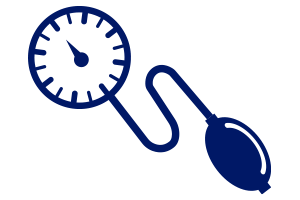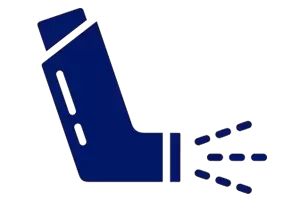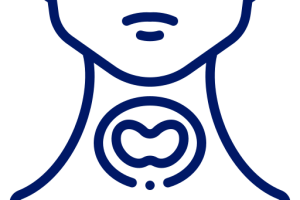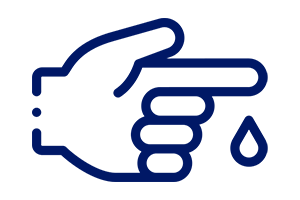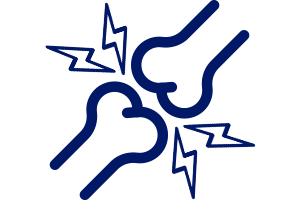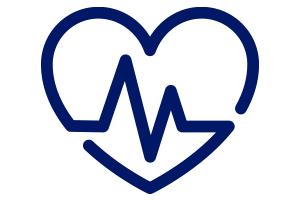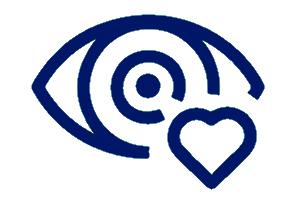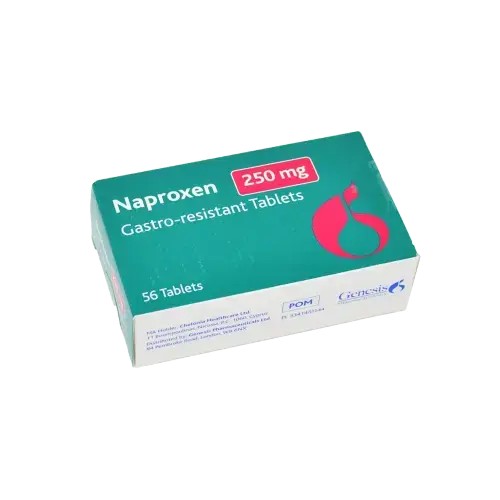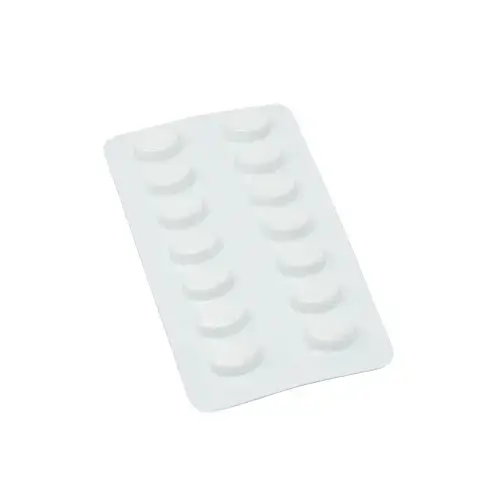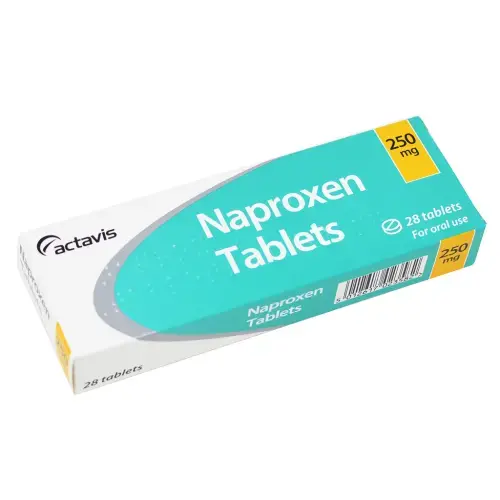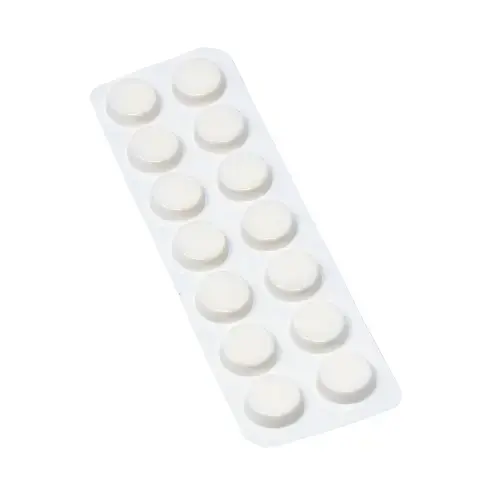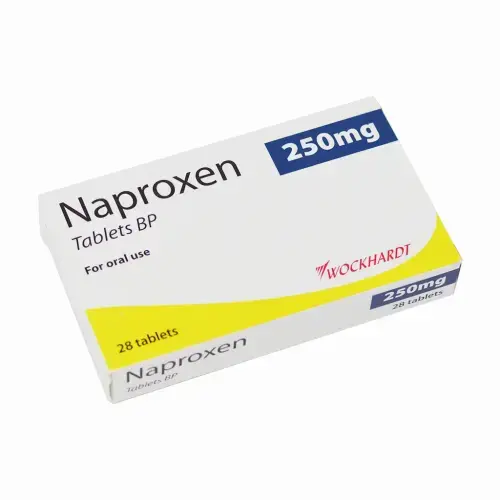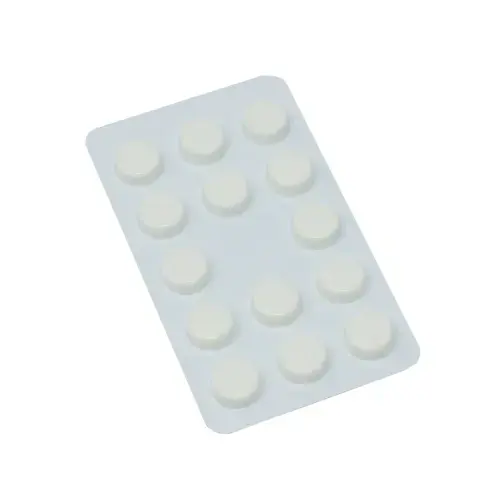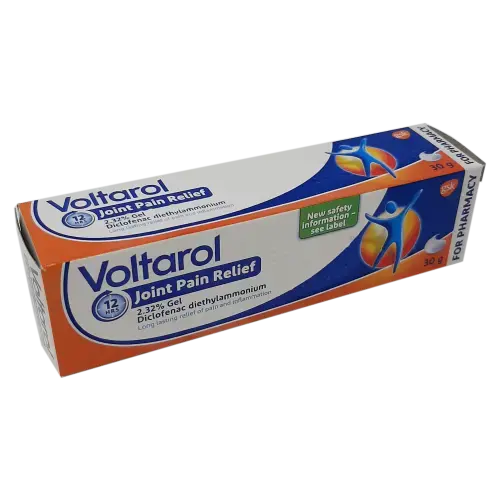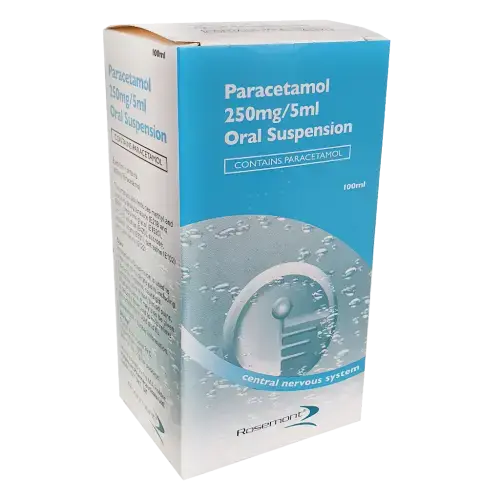What is Naproxen?
Naproxen is a non-steroidal anti-inflammatory drug (NSAID) and works similarly to ibuprofen. It works by reducing inflammation at the site of pain rather than in the central nervous system like paracetamol. Naproxen is a stronger anti-inflammatory than ibuprofen and is used in moderate pain and inflammation or where ibuprofen has been ineffective.
Naproxen, like diclofenac, is a stronger painkiller than ibuprofen with better anti-inflammatory activity. Unlike diclofenac however, Naproxen doesn’t have the same harsh adverse effects on the cardiovascular system (heart) and on the gut that diclofenac has been shown to exhibit in recent years. It offers the same level of relief at a lower risk and because of this has almost replaced diclofenac completely in practice.
Naproxen is particularly effective when treating:
-
Arthritis (osteo and rheumatoid)
-
Non-arthritic Joint pain
-
Back pain
-
Bad headaches (including migraine and tension headaches)
-
Ligament Sprains
-
Tendon Strains
-
Gout – Especially if Ibuprofen has proven ineffective
-
Period pain and cramps – this is because NSAIDs also have an effect on reversing prostaglandin release, which is the major cause of cramping during the menstrual cycle.
The standard recommended dose is:
-
Up to 1.25g to be taken in divided doses every 6-8 hours orally if required, 250mg tablets can be taken up to three times a day whereas 500mg tablets are limited to twice a day. The dose should never exceed what is recommended as the risk of a stomach ulcer or a gastrointestinal bleed is higher above that dose.
-
It should always be TAKEN WITH FOOD or on a full stomach. Long term users will normally be prescribed a PPI (Proton pump inhibitor like Omeprazole or Esomeprazole) to protect the patient from stomach ulcers and/or bleeds.
Can I use Naproxen with other medicines?
Naproxen is safe with certain other painkillers. These include paracetamol, co-codamol and other opioid only type medicines such as tramadol, codeine or morphine. They do not interact with each other or increase the likelihood of adverse side effects.
Naproxen should be avoided when using other drugs that can affect the stomach or intestines. These include other NSAIDs (ibuprofen, piroxicam etc), Aspirin, clopidogrel, dipyridamole amongst others. It should also be avoided if you are taking warfarin or any other medicine that thins the blood. Bear in mind that some over the counter cold and flu remedies have ibuprofen and aspirin in them.
Other medicines to be mindful of when taking Naproxen are:
ACE inhibitors (e.g. enalapril, captopril), Ciclosporin, Diuretics (e.g. furosemide), Digoxin, Beta Blockers, Calcium channel Blockers, Methotrexate, Lithium. This is because Naproxen can sometimes affect how these drugs leave the body causing an increase in risk of side effects or it can block the blood pressure lowering affect of some of the drugs in that list.
Taking Naproxen together with quinolone antibiotics, such as or norfloxacin or ciprofloxacin reduces seizure threshold, putting you at an increased risk of seizures, especially if you have epilepsy.
Can I drink alcohol?
Drinking alcohol is fine while taking Naproxen at moderate quantities. Alcohol can irritate the stomach, adding to the NSAID effect of Naproxen.
Warnings
• Naproxen can sometimes cause dizziness and/or drowsiness.
• Before using Naproxen, you must ensure your kidneys are working correctly.
• Pregnant women should not be using Naproxen

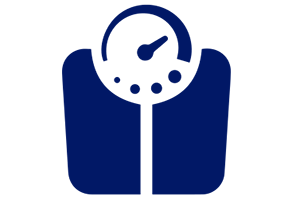
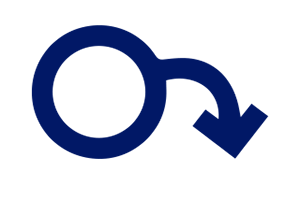

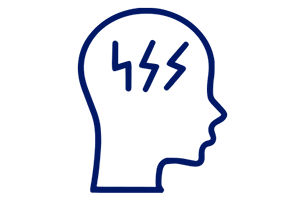
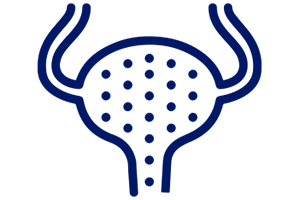
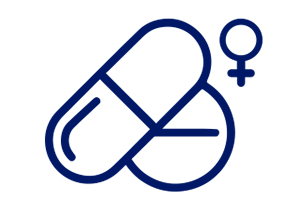


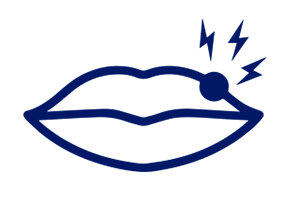
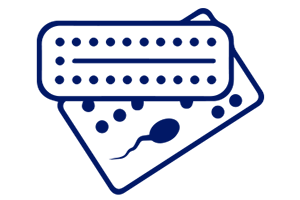
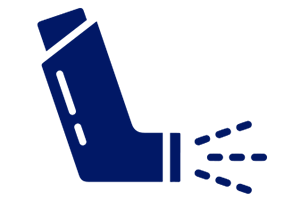
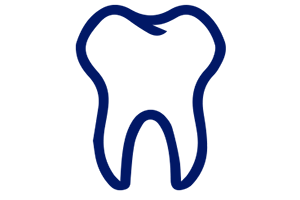

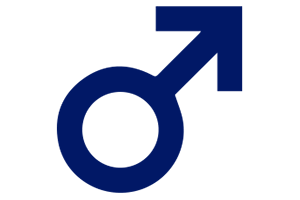
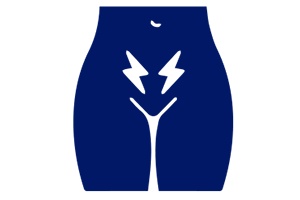
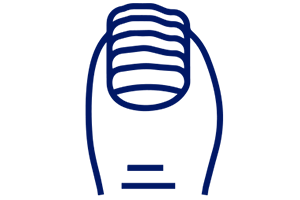
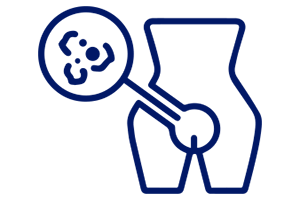







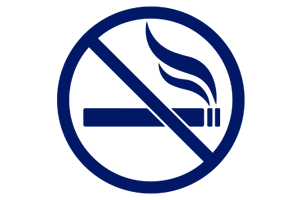
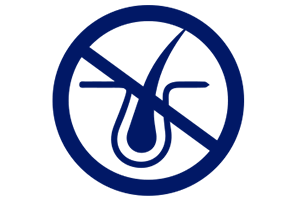

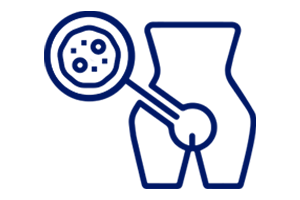

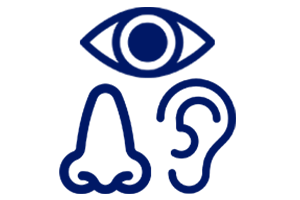









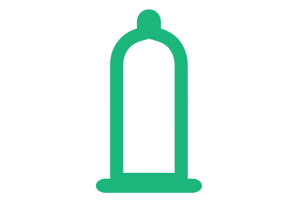
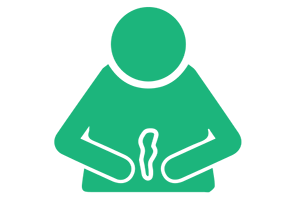
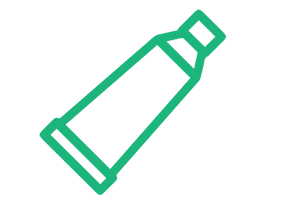
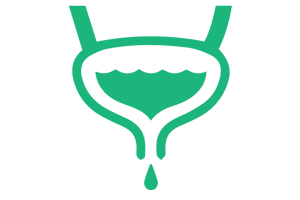

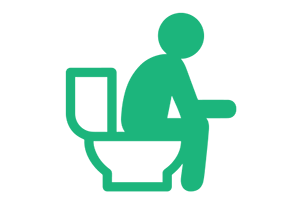
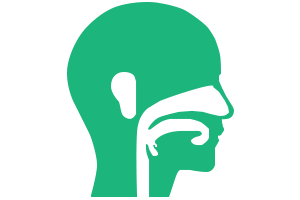
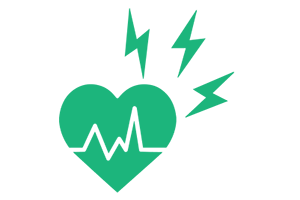

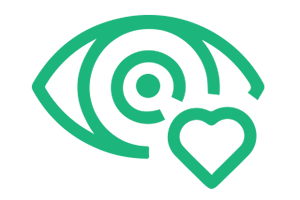
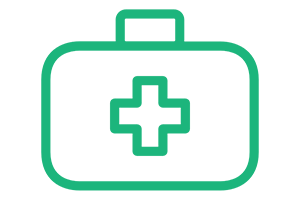

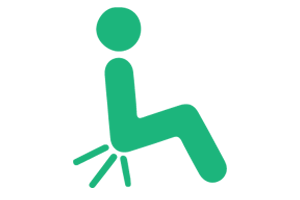

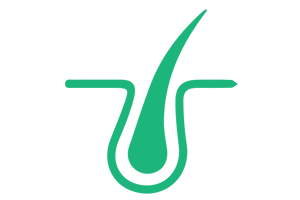
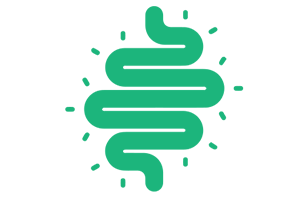
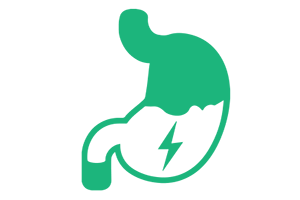



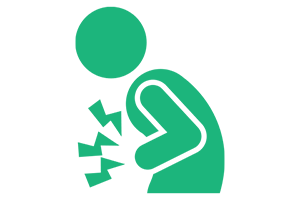
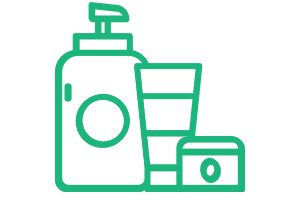
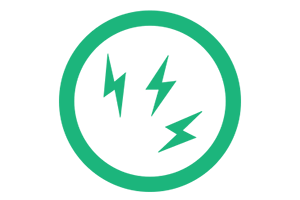

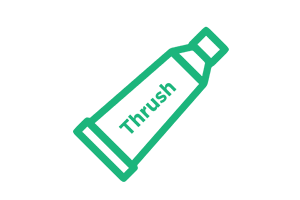


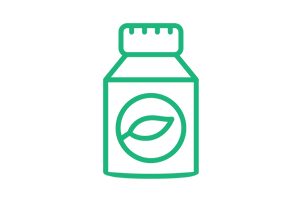





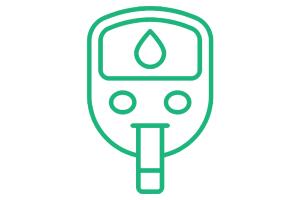





 Account
Account

